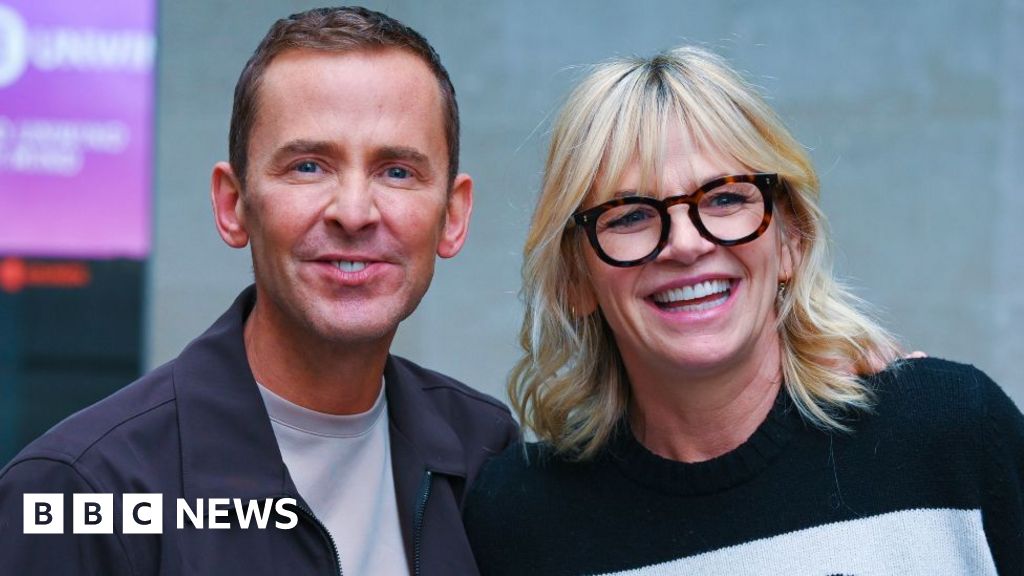ARTICLE AD BOX
Image source, NML
Image caption,Ornate carvings and sculptures were looted by the British as the African city fell
A museum is to exhibit artworks which were stolen during the sacking of Benin City to "proactively confront questions about Britain's colonial history".
The African city was destroyed by the British in 1897, with troops looting carvings and sculptures as it fell.
Liverpool's World Museum said it would be exhibiting 21 works "directly or indirectly" linked to the sacking.
Executive director Janet Dugdale said putting the display together had been "challenging, creative and rewarding".
Benin City, the seat of the Benin Empire, stood in what is now Nigeria and was sacked by the British during a punitive expedition in 1897, with thousands of religious and cultural artefacts being sent back to Britain.
Many items ended up in museums or in private collections in Europe and North America and in recent years, there have been calls for the looted objects to be returned to Africa.
Image source, NML
Image caption,The exhibition's director said the show "tells a more human story that confronts historical injustices"
Liverpool World Museum holds 51 works that were "highly likely to have been acquired directly or indirectly from participants in the British looting," a museum spokeswoman said.
She said the new exhibition, entitled Benin and Liverpool, had been developed in collaboration with five Liverpool residents of African descent to bring "absent voices and new narratives" to the presentation of the pieces.
The display would also explore "racism through the memories and experiences of the collaborators", she added.
Nasra Elliott, one of the five Liverpudlians to have contributed to the exhibition, said as "a Scouser, a member of the African diaspora, and a lover of African history and culture, I saw this as a great opportunity".
She said she had "a foot in both camps" and wanted to be involved in "the debate on restitution" to hopefully speak on behalf of "the voices that are often stonewalled from the dialogue".
The Benin bronzes were stolen from present-day Nigeria 125 years ago
Ms Dugdale said the display, which also includes two works by Nigerian-born artist Leo Asemota, had been put together to "proactively confront questions about Britain's colonial history, its legacies and our collections".
"This collaborative and inclusive process was challenging, creative and rewarding," she said.
"We hope it tells a more human story that confronts historical injustices and connects Benin and Liverpool within a global context."
The exhibition opens at the museum on 18 March.
The fall of Benin City
- The British Empire wanted to gain control of the kingdom of Benin and though the Oba, its ruler, tried to stop all contact, the British insisted on their right to trade
- In 1897, a group of British officials tried to visit the kingdom and were sent away because the Oba was involved in a religious ceremony
- The officials attempted to travel anyway, but were driven back by a group of soldiers and several British men were killed
- In retaliation, the British sent more than 1,000 troops to invade
- Benin City was subsequently burnt to the ground and the kingdom became part of the British Empire
Why not follow BBC North West on Facebook, Twitter and Instagram? You can also send story ideas to northwest.newsonline@bbc.co.uk
Related Internet Links
The BBC is not responsible for the content of external sites.

 3 years ago
43
3 years ago
43








 English (US) ·
English (US) ·